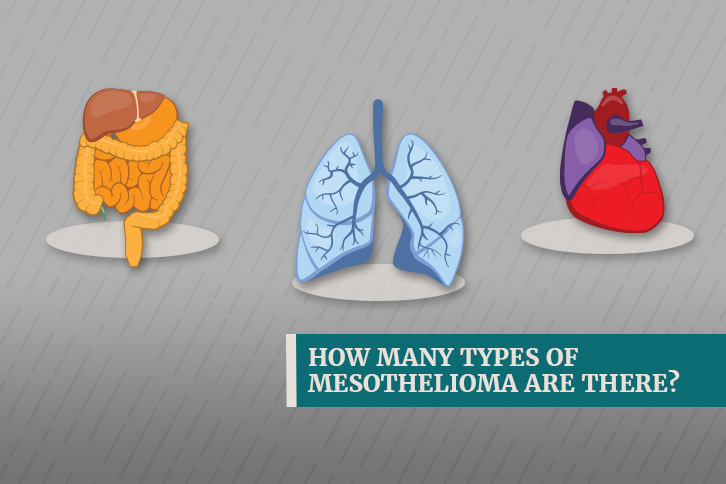After a mesothelioma diagnosis, you may have many questions racing through your mind. How did this happen? What are my treatment options? How can I afford this?
While a cancer diagnosis can impact every aspect of your life, thoroughly understanding your unique diagnosis can ease some of those things on your mind.
Mesothelioma is a rare and aggressive disease that affects approximately 3,000 people each year in the United States. The main cause of this disease is from exposure to a toxic substance known as asbestos.
Unfortunately, hundreds of thousands of people were exposed to asbestos for most of the 20th century. Countless corporations proved that wealth and revenues were more important than the health of their employees and innocent people.
If you or your loved one was diagnosed with mesothelioma there are compensation options available. The lawyers at Bullock Campbell Bullock & Harris have helped many patients receive some much needed financial assistance for their family. Fill out our free case evaluation form to see how we can help you today.
Mesothelioma is Categorized Depending on the Location it Affects
Malignant mesothelioma is a type of cancer that forms in the mesothelium, a thin tissue that lines many organs throughout the body. The type of mesothelioma you have is determined based on where the abnormal tumor cells are located.
There are four types of mesothelioma based on location:
- Pleural Mesothelioma, the most common type, affects the lining of the lungs
- Peritoneal Mesothelioma, the second most common type, affects the lining of the abdominal cavity
- Pericardial Mesothelioma, very rare, affects the lining of the heart
- Testicular Mesothelioma, rarest of all types, affects the lining of the testicles in men
What Do the Mesothelioma Types Have in Common?
While each type of mesothelioma is uniquely different, they also have some things in common:
- They are all considered aggressive cancers. Compared to other forms of cancer, the speed at which mesothelioma spreads and grows is very rapid.
- Each type of mesothelioma affects the mesothelium, which is a thin layer of tissue protecting important organs in the body.
- Every mesothelioma has a long latency period. People who were exposed to asbestos may not experience any symptoms until decades later.
Each Type of Mesothelioma Can Affect Different Cells
Mesothelioma can be further categorized by the cells that are affected. A specialist will be able to look at your tissue cells under a microscope in order to see their appearance and distinguish which cell the cancer originated from. This will dictate treatment options and prognosis.
Based on cell type, there are three variations of mesothelioma cells that can be determined:
- Epithelioid mesothelioma, accounts for 70% of cases, easiest to treat
- Sarcomatoid mesothelioma, accounts for 10-20% of cases, hardest to treat
- Biphasic mesothelioma, accounts for 20-30% of cases, treatment varies depending on ratio of epithelioid to sarcomatoid cells
Understanding and properly identifying the type of mesothelioma you have is key to determining which treatment will be most effective. Oftentimes, your primary care doctor will refer you to a mesothelioma specialist for a more in-depth look at your case. Consulting with a specialist ensures that you will be placed on an appropriate treatment plan according to your mesothelioma type. To learn more, request a free mesothelioma informational packet.


